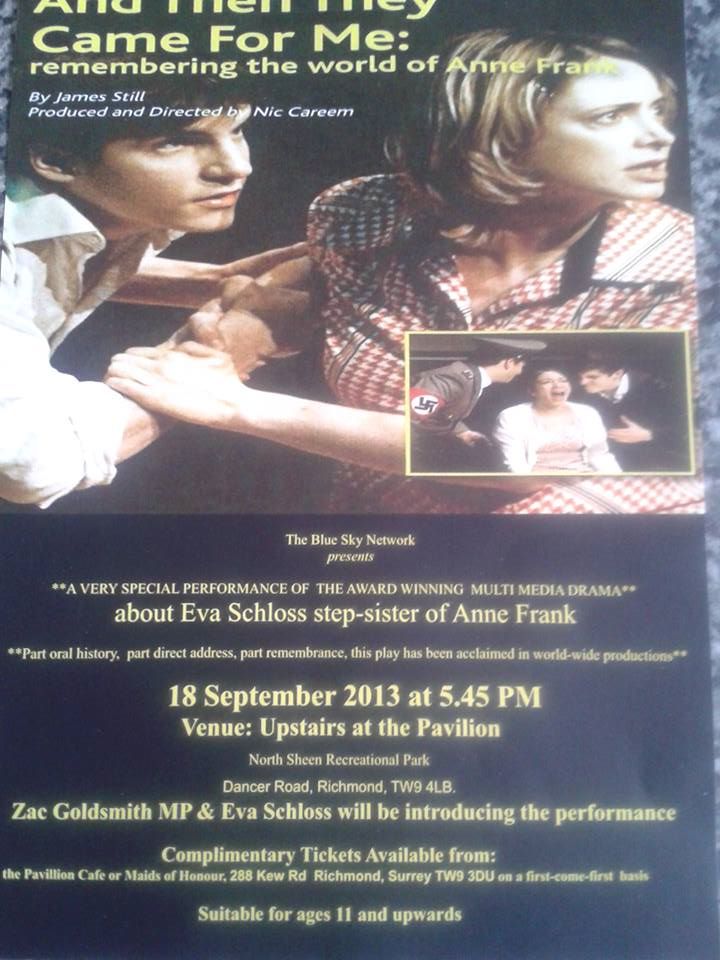
The Elusive Peace – An examination into the future of the Arab-Israeli conflict.
Part 1 – What are Israel’s Options Regarding the Occupied Territories of the West Bank and Gazza?
Its now almost 75 years since the first attempt was made to divide Palestine into separate Jewish and Arabic states. Back then the British Peel commission recommended that 80% of the land in Palestine should make up part of a new Arab state. Today it’s hard to imagine such a proposal was ever considered. Since the Peel proposal a Jewish state has been created and gone on to prosper but the Palestinians remain without the state they have been seeking for so long. But Israel’s options over what to do with the occupied territories are limited and diminishing. Has the time finally come for the creation of the elusive Palestinian state?
In 1988 King Hussein of Jordan renounced all claims and ties with the occupied territories (Gazza and the West Bank). This ruled out one of Israel’s major options for the territories which they had been occupying since the 1967 war. Many Israeli’s had hoped that the Palestinian problem could be solved with a peace agreement with Jordan. The West Bank would be divided between Israel and Jordan. Jordan would then take on the difficult responsibility of governing the Palestinians.
After Jordan pulled out of the West Bank calls for a Palestinian state became increasingly vocal. It was much harder for Israel to ignore the Palestinians and the Palestinian Liberation Organisation (PLO) since Jordan stated, ‘the PLO is the sole legitimate representative of the Palestinian people’. Prior to the withdrawal Israel had always been able to avoid dealing with the Palestinians directly, dealing instead with Jordan. After 1988 this was no longer an option.
Jordan’s decision left Israel with only 2 options over what to do with the occupied territories. The first is a one state solution, whereby the Israel annexes the West Bank and the Gaza strip, thereby assimilating them with the rest of Israel. However this is never considered a realistic option by the Israeli government or Israeli Jews. To assimilate the millions of Palestinians would defeat the purpose of a Jewish state and many fear it would threaten its existence.
This leaves Israel with the only one viable option, a two state solution. The creation of a separate Palestinian state encompassing both the West Bank and the Gazza strip, alongside the existing Israeli state. This is what the Palestinians want and given we know a one state solution is not an option, this is surely what Israel wants as well. A poll in 2007 showed that 70% of Israeli Jews were in favour of a two state solution. So why is it so hard to implement if both sides want the same thing? Why are negotiations always at a permanent stalemate?
Despite that lack of options remaining most Israeli’s are certainly in no rush to create a Palestinian state. It has been 22 years since Jordan renounced it ties with the West Bank and it still appears as if a Palestinian state is a long way off.
There is also a third option for Israel which we have not yet considered. That is a policy of maintaining the status quo or consolidation. A number of the right wing parties openly endorse this policy some of whom are part of Benjamin Netanyahu’s (prime minister of Israel) fragile coalition government. Likud itself (the right wing party Netanyahu leads) does not believe in a fully sovereign independent Palestinian state.
The Palestinian situation is also much more complicated. Many still refuse to recognise Israel’s right to exist. Some will settle for nothing less than the complete replacement of Israel with a Palestinian state.
The situation has been severely complicated by large divisions within both sides. The next article will take a closer look into these internal divisions. Why do some Israelis fear a Palestinian state and should they? Why is Israel still building new settlements in East Jerusalem? Will Hamas moderate? What is the future for Fatah? Is there any hope for a settlement in the near future?
A must see. Ticket information below.


